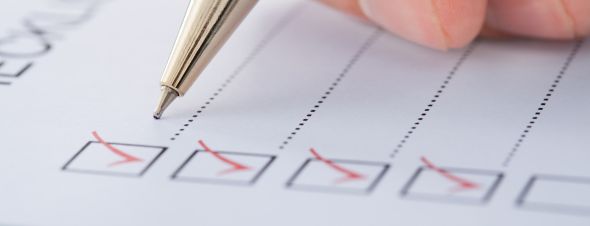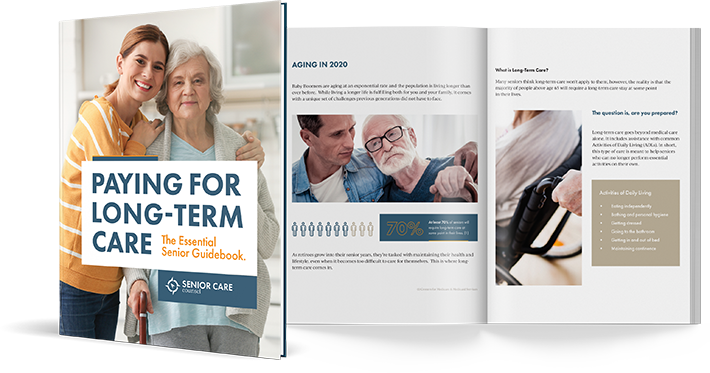An Estate Planning Checklist

Any legal or financial professional will agree that estate planning is crucial. And it goes beyond drafting a will. A thorough estate plan includes all your assets along with a clear plan for transferring those assets to the people or entities you want to receive them upon your passing. Let’s walk through a checklist of what should be included in your estate plan.
- Make a list of all the valuable items you own, including your home, vehicles, electronics, collectables, antiques, jewelry, and other costly items. Include a note if you have someone in mind who you’d like to receive a specific item.
- Add your non-tangible assets, such as bank accounts, IRAs, 401(k)s, and insurance policies, to the list. Be sure to include account numbers and the locations of any physical documents.
- Make a separate list of your open credit cards and other debts, such as auto loans and mortgages. Include account numbers as well as the locations of any necessary documents.
- Make note of any organizations you belong to, such as AARP or VA, as well as charitable organizations you support.
- Make copies of these lists and distribute them to your financial advisor, attorney, spouse, and safety deposit box. Keep a copy for yourself and put it in a safe place.
- Review the beneficiary designations on your retirement accounts and make sure they are up to date. The designations associated with the account overrule what is laid out in your will.
- Make sure all of your insurance policies and annuities have the most up-to-date beneficiary designations.
- If possible, set up transfer on death (TOD) designations for your savings accounts, CD accounts, and individual brokerage accounts. This may save them from going through probate.
- Choose an estate administrator or executor who you trust to be in charge of carrying out your will upon your passing.
- Draft a will either with the help of an attorney or on your own. Everyone over the age of 18 should have a will, but it is especially important for adults who have children and/or a home.
- Review your lists, accounts, and documents regularly, especially in the event of a major life change, such as marriage, divorce, the birth of a child, and so on.
- Provide a copy to the administrator once your will is finalized, signed, witnessed, and notarized. The original will should be kept in a safe place at your home or at your attorney’s office.
- Consult with an estate planning attorney and/or a financial advisor, especially if you drafted your will on your own. They can provide extra guidance and ensure you’ve covered all your bases.
- Consolidate your finances and retirement accounts to simplify your investments and make them easier to manage.
- Complete other important documents, including financial and medical powers of attorney and a living will. You can also include a letter of instruction with your will and provide your wishes for your funeral and digital assets, like social media accounts.
In addition to ensuring your will and beneficiary designations are up to date, you may also want to consider establishing a trust and purchasing long-term care insurance to further protect your financial future.
[FREE] GET OUR PLANNING GUIDE:
"Paying for Long-Term Care - The Essential Senior Guidebook"This guide takes a deep dive into the landscape of long-term care and how to pay for it without going broke, including the answers to your top questions surrounding Medicaid.
GET MY COPY
